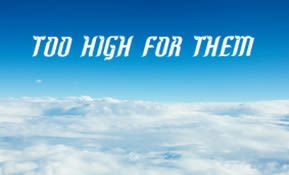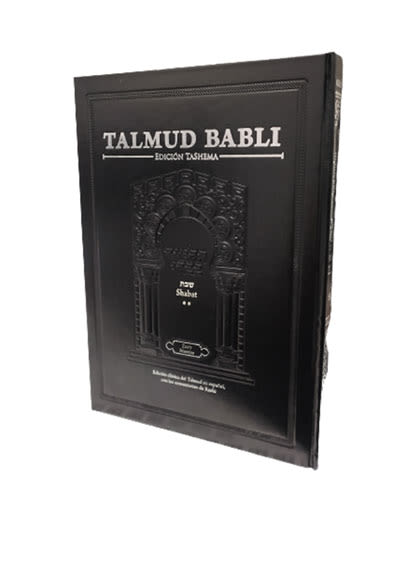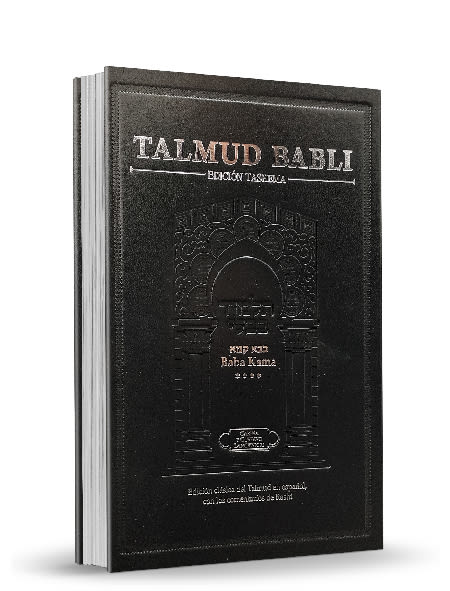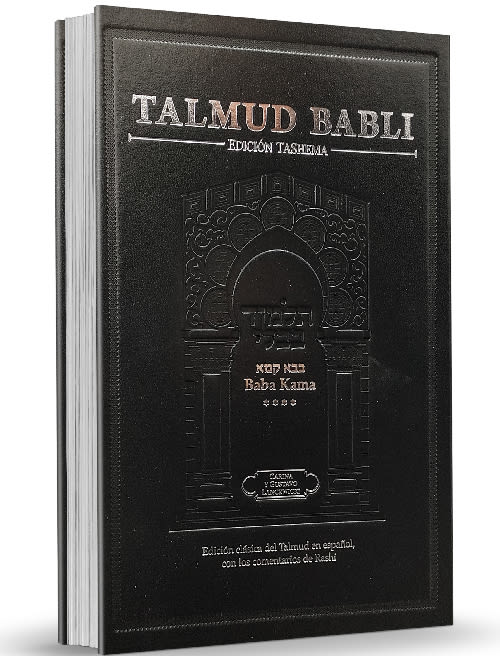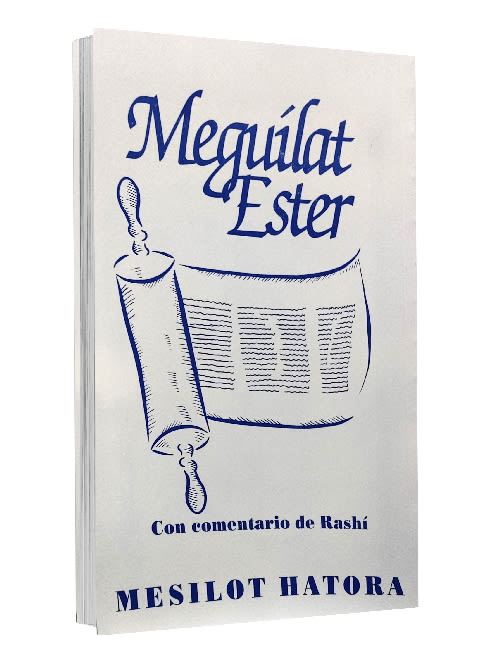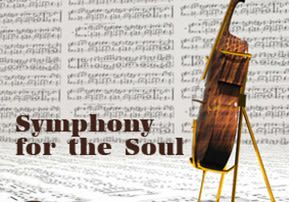
Haazinu: Symphony for the Soul
The Torah is not a book of laws and stories but a song, a symphony for the collective souls of the Jewish people and all of mankind...

Parshat Haazinu
The Torah informs us "Write for yourselves this shira (song/poem)". The Talmud explains this verse as referring to the writing of an entire Sefer Torah. Although the simple meaning of the verse refers to the writing of the prophetic sonnet in these week's Parsha, Ha'azinu, the Sages explain this verse as also referring to the entire Sefer Torah.
This explanation of the verse is curious.
Why is the Torah called a shira (song/poem)? Isn't most of the Torah written in prose?
The great 19th century leader of Lithuanian Jewry, Rabbi Naftali Tzvi Yehuda Berlin, explains the concepts of a poem and how it relates to the Torah.
When a poet writes he uses two basic techniques to convey his messages. First, after deciding on the basic theme he wants to convey, he carefully chooses words that will add depth and meaning to his theme. The additional subtleties are not contrived or far-fetched but intrinsic expressions  of the poem itself. The very nature of his words tell us there is more to the simple understanding than meets the eye.
The second technique relates to the structure and flow of the poem. The unique form and structure of the poem allows for additional levels of insights and ideas. The entire medium of how the poem is expressed will signify the greater depths of the writer's intention. The first technique can provide a rich, three-dimensional picture of the author's main theme but the second method can take the concepts to further levels, creating worlds upon worlds of meaning.
of the poem itself. The very nature of his words tell us there is more to the simple understanding than meets the eye.
The second technique relates to the structure and flow of the poem. The unique form and structure of the poem allows for additional levels of insights and ideas. The entire medium of how the poem is expressed will signify the greater depths of the writer's intention. The first technique can provide a rich, three-dimensional picture of the author's main theme but the second method can take the concepts to further levels, creating worlds upon worlds of meaning.
How do these poetic concepts relate to the Torah? The Sages are the experts on both the subtleties of language in the Torah as well as the deeper ideas based on the Torah's form and structure. Every section of the Torah has a rich story with many intricacies based on the unique language used. The Midrash and the Talmud pick up on these apparent "quirks" of language to bring us to a deeper understanding of the story we are being told. This is also the basic approach for derivation of Jewish law, known as Halacha. The details of many laws are found hidden in the subtleties of language and the Sages understood how each word relates to a specific law.
But the complexity of the Torah doesn't end there. The entire presentation of the stories and how they relate to each other produce an incredibly intricate and multi-dimensional tapestry of meaning. The Kabbalah and the mystical teachings are derived not just from the verses of the Torah but the entire format and structure of how the stories and Parshas are presented. To simplify these two ideas we could say that the first level of the poetry of the Torah is horizontal while the second is vertical. The first expresses beauty and profundity while the second takes us to deeper and deeper levels of understanding.
These wonderful insights leave us with one major question based on the context of this mitzvah of writing a Sefer Torah. When the Torah talks about a period immediately before the end of time, we are told that the final generation before Moshiach (Messiah) will have a major crisis of faith: "…and many evils and much suffering will befall them, and on that day they will say 'is it not because Hashem is not in our midst that these evils have come upon us?'". They will pose this question but there is no mention of teshuva (returning to Hashem). They apparently will fall short in hearing the messages of their trials and tribulations. To that Hashem responds and commands "write this shira". How will this "poem" help the situation?
The Torah is portraying the emotional emptiness that the final generation will feel. Their angst will not be intellectual but a profound feeling of spiritual distance from the Creator. Hashem responds and says "write this shira", let them hear that My Torah is a poem. It talks to the depth of their souls, it expresses all the beauty and light they are searching for. We are being told that when we are emotionally ready we will all hear that the Torah isn't a book of prose. It's not facts and information but rather a song, a symphony for the collective souls of the Jewish people and all of mankind. That is the mitzvah of the Torah. Don't write a "scroll", don't limit your writing to prose, write a "shira", write a song, a poem for the thirsty spiritual traveller, for now and for the future generations.
And our souls will hear the music. The intricacies of the Talmud and the sweetness of the mystical teachings will quench us in a way we never thought possible. We will hear the music of the Torah, of our souls, and of all of creation.
May we merit to hear this song, together with the sound of the great Shofar of Moshiach, in Jerusalem this year.



